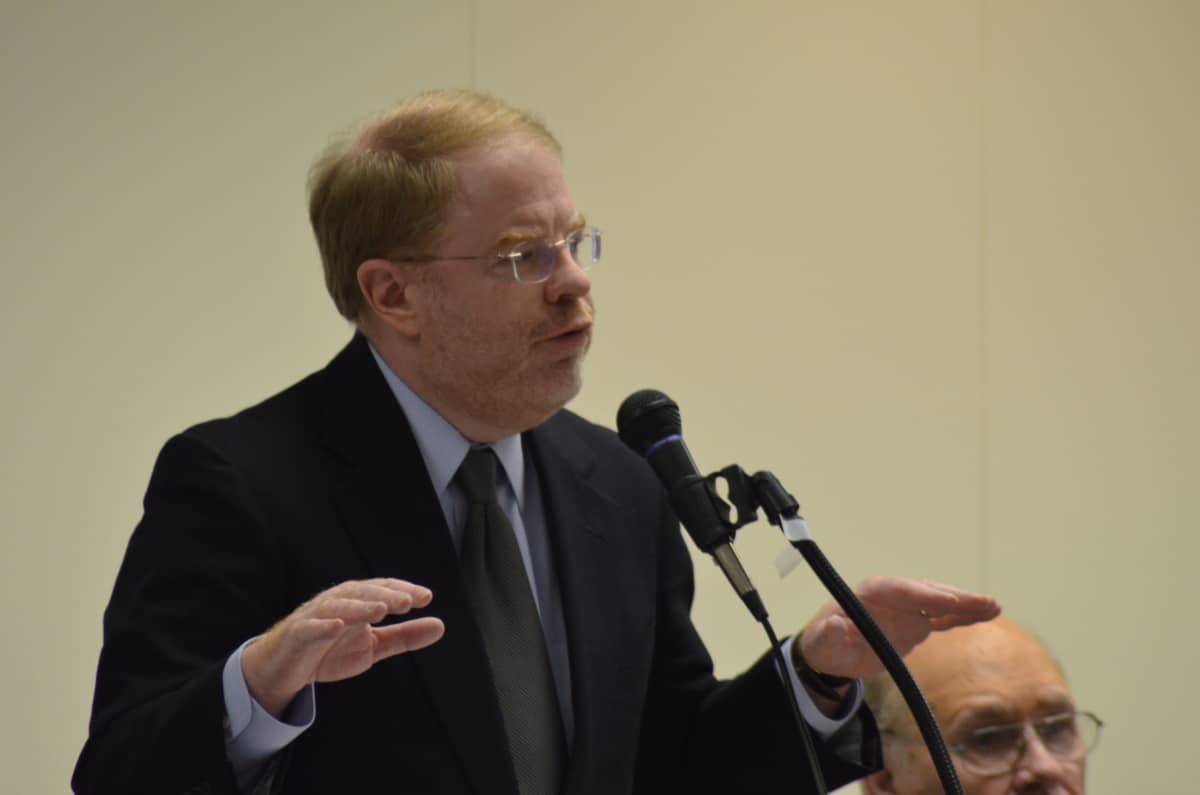
With the budget impasse about to stretch into October, community college presidents around the state await news of a resolution that will bring them funding for their budget priorities. Community colleges made out well in the budget passed by the General Assembly, but with Gov. Roy Cooper’s veto and the resulting stalemate, they can only see the increased funding contained in the two-year spending plan from afar.
Nevertheless, there have been actions since passage of the budget that bring community college presidents some hope.
The community college budget priorities include:
- $12 million to complete funding for short-term workforce training programs;
- $15 million to upgrade workforce development-focused information technology systems serving all 58 community colleges;
- funding for workforce development multi-campuses;
- funding to stabilize budgets of Hurricane Florence impacted colleges;
- changes to the residency determination service (RDS) law that was adversely impacting community college applicants;
- $2.8 million to expand the career coach program; and
- increased funding for faculty salaries.
Much of that was included in the budget. Here’s what’s happened since the budget was vetoed.
Movement on budget resolution
Legislative Republicans and Democratic Gov. Cooper have been engaged in a back-and-forth about the budget ever since Cooper vetoed it. Both sides blame the other for the stalemate.
Avoiding a direct compromise, legislators began trying to pass individual pieces of the budget via standalone bills in August.
One of those bills would have given the community college system its salary increases — $12.4 million recurring in the first year and $24.8 million recurring in the second year for community college personnel. That bill was set to be heard in the full House but was pulled from the calendar and now sits in limbo.
House Speaker Tim Moore, R-Cleveland, said in a press conference that the bill might be handled via a conference report negotiated between the House and Senate rather than a bill. The distinction is that the bill would have allowed Democratic lawmakers to add amendments. A conference report will not. It was late August when Moore said that, and nothing has happened since.
Veto override
The bigger news was a surprise veto override launched by House Republicans earlier this month during a morning session when most of the Democratic lawmakers were absent. The move created a huge backlash from Democrats and a spate of finger pointing that hasn’t abated.
Regardless, the override stands, so the budget is now in the Senate where Republicans need only one Democrat to override the governor’s veto. Thus far, the override hasn’t been taken up. Community College System President Peter Hans is less worried about how the budget passes than that it does.
“I’m in favor of it,” he said during the State Board of Community Colleges work session earlier this month. “However it’s done, as long as what was a very positive budget for the community colleges is fully enacted.”


